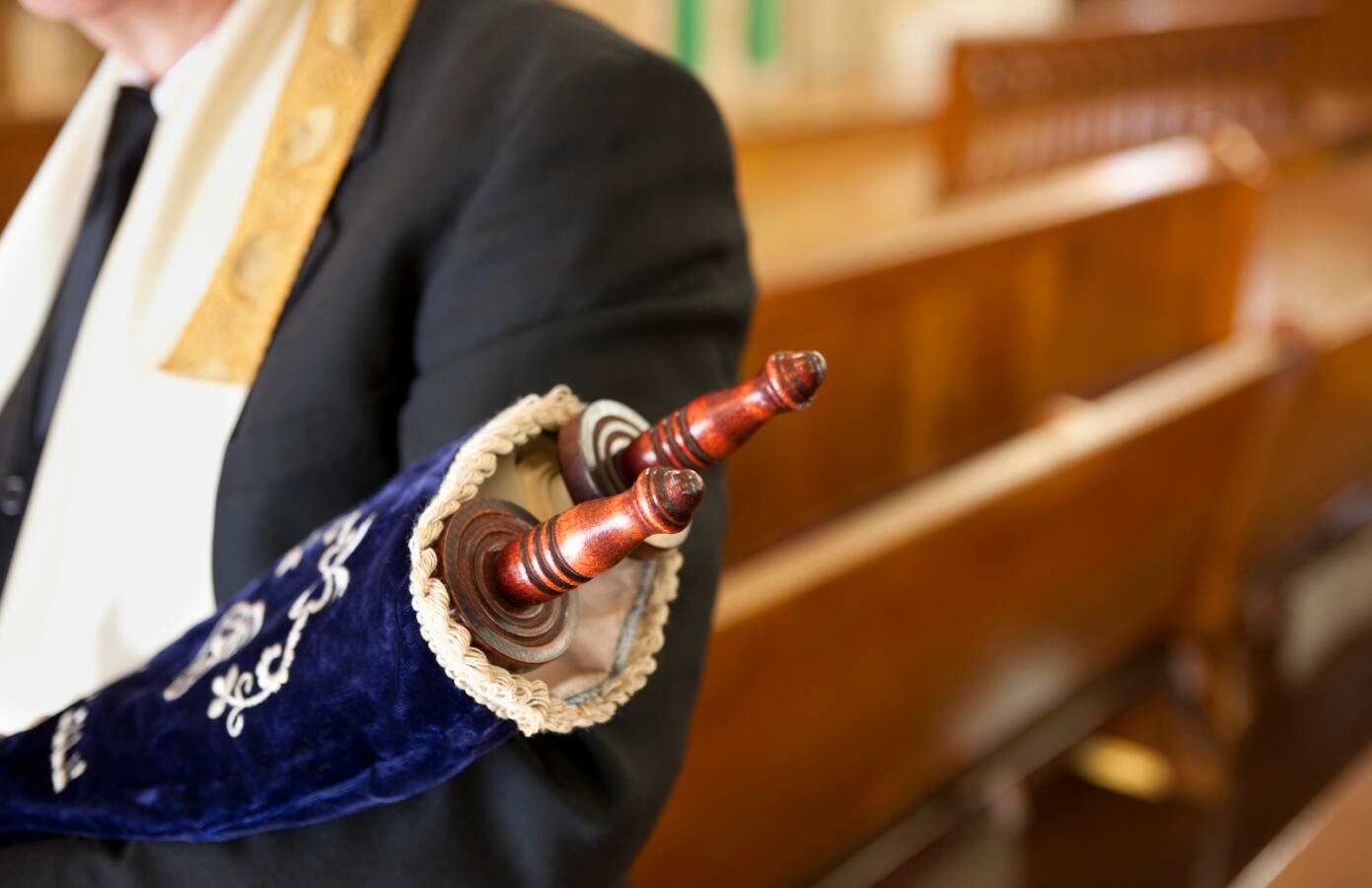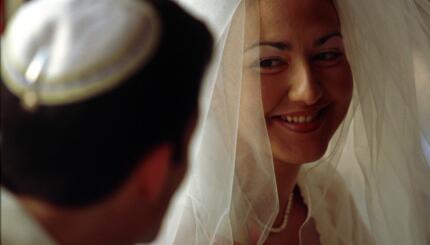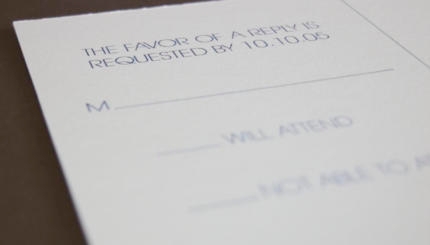Synagogue honors are various ways in which individuals are invited to participate in leading some aspect of communal worship. The most common of these is being called for an aliyah, the recitation of a blessing before and after the public reading of a section of the Torah, of which there are seven on Shabbat morning. But there are many others, including opening the ark, raising and dressing the Torah scroll, chanting from the Torah scroll, or leading some or all of the prayer service. In some communities, these and other honors are assigned by a gabbai, or sexton, but particularly on the occasion of a bar/bat-mitzvah, they are given to close relatives and other associates of the celebrants as a form of public honor and recognition.
Particularly with the growth of interfaith families in recent decades, synagogues have been forced to grapple with which, if any, of these honors should be accorded to non-Jews. In Orthodox communities, where interfaith marriages are extremely rare, this is mostly a non-issue. On the whole Orthodox synagogues would not accord any synagogue honors to non-Jewish relatives, though some liberal Orthodox congregations might permit a non-Jewish family member to open the ark prior to the Torah service.
But in non-Orthodox communities in the United States, it is common for Jews to marry non-Jews, forcing synagogues to consider what, if anything, a non-Jew is permitted to do in synagogues. The particulars vary between the movements, and even within them. But a widespread rule of thumb observed by many non-Orthodox synagogues is to restrict to Jews any honors that are considered mitzvot, or commandments. Synagogues also generally bar non-Jews from ritual functions that are considered either religiously obligatory upon Jews or symbolic of the covenantal relationship between God and the Jewish people.
For this reason, Rabbi Mark Washofsky, an expert on Reform halakhah (Jewish law), has written that non-Jews should not take part in any rituals relating to the Torah service, including having a aliyah. “Gentiles may well support the religious education of their Jewish family members, particularly their children, but Torah itself is a Jewish experience,” he wrote. “To learn and to teach Torah is both a privilege and a responsibility for Jews.”

Help us keep Jewish knowledge accessible to millions of people around the world.
Your donation to My Jewish Learning fuels endless journeys of Jewish discovery. With your help, My Jewish Learning can continue to provide nonstop opportunities for learning, connection and growth.
For similar reasons, the Reform rabbinate has come out against permitting non-Jews to wear a tallit at a synagogue service, seeing such an act as a symbolic statement of Jewish identity.
The Conservative movement has addressed issues relating to non-Jews in synagogues in a series of papers dating back at least to 1963. That year, the movement’s Committee on Jewish Law and Standards adopted a paper declaring that the partner of an intermarried Jew should not be granted membership in a synagogue, and that even the non-Jewish partner who is admitted to membership should be denied the right to hold any synagogue office or be “singled out for any special honors.” The movement’s position on this and related questions has softened over the years. In 2013, the movement adopted a paper permitting non-Jews to open the ark before the Torah reading, but an even larger number of committee members voted for a paper opposing the practice. Having garnered a minimum of six votes in support, both papers were adopted as legitimate opinions.
So what synagogue rituals can non-Jews participate in? There are no hard and fast rules here. As the number of interfaith families has risen in recent decades, liberal synagogues have increasingly sought ways to make non-Jewish family members feel included, particularly around bar/bat-mitzvah celebrations, and many have adopted formal policies on this. Individual communities make these choices independently, but many liberal synagogues will permit some or all of the following:
- Non-Jews may ascend to the bimah for an aliyah alongside a Jewish person. As a general matter, only Jews are permitted to recite the blessings, but some synagogues permit non-Jews to be present for them. Some synagogues will permit a Jewish and non-Jewish person to recite the Torah blessings together.
- Non-Jews may open and close the ark before and after the Torah service.
- Non-Jews may carry the Torah at certain times.
- Non-Jews may recite certain prayers that are not considered core religious obligations, such as the prayer for the government or a prayer for peace. Some synagogues will also permit the non-Jewish parents of a bar/bat-mitzvah celebrant to bless their children.




